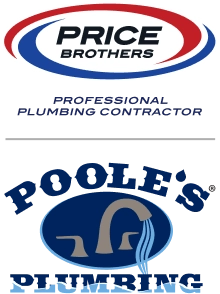Water Leaks and Clogged Drains How to Finding and Fixing
Much like a fine tapestry, your home is woven with intricate systems that work seamlessly—until they don't. Two of the most common yet disruptive household issues are water leaks and clogged drains. These seemingly minor problems have an uncanny ability to evolve into significant inconveniences, threatening the harmony and comfort of your living space.
Finding water leaks and clogged drains and addressing them promptly is an act of stewardship. It preserves the integrity of your home while maintaining its ambiance.
You can uncover their telltale signs, tackle the issue, and restore equilibrium with a discerning eye and a little knowledge. Here's your guide to navigating these plumbing challenges and knowing when to call upon the expertise of a professional.
The Subtle Signs of a Water Leak
A water leak is often a master of disguise, quietly lurking behind walls, beneath floors, or even within your garden. Yet, with careful attention, you can find its trail:
- Mysterious Water Stains: Notice faint discolorations or water rings on walls or ceilings? These are silent whispers of water escaping into places it shouldn't.
- Unexpectedly High Water Bills: A sudden surge in your water bill might indicate an unnoticed leak.
- Damp or Musty Smells: A lingering, earthy scent is often a signature of hidden moisture.
- Unexplained Puddles or Wet Spots: Whether on floors or in your yard, water that doesn't belong is a sure giveaway.
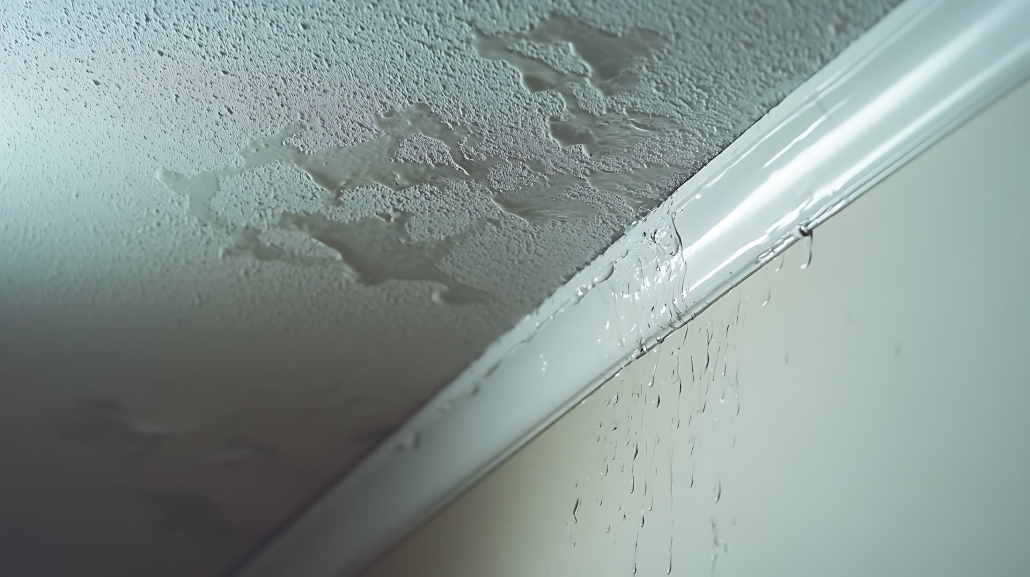
The Solution to Water Leaks
Once you suspect a water leak, your immediate mission is containment and repair:
- Find and Turn Off the Water Supply: This step will prevent further damage by shutting off the main water valve—this is a crucial first step.
- Trace the Source: Follow the signs to locate the leak. For walls and ceilings, look for softened drywall or peeling paint. Outdoors, search for unusually lush patches of grass or soil erosion.
- Temporary Fixes: Use a plumber's tape or a patching kit as a short-term remedy for visible leaks while you arrange for a permanent solution.
- Professional Help: For leaks hidden behind walls, under floors, or within your plumbing system, enlist a professional plumber. Their tools and expertise can pinpoint the culprit without unnecessary disruption.
The Slow Seduction of Clogged Drains
A clogged drain, on the other hand, often announces its presence more brashly. Water lingers stubbornly in sinks, tubs, or showers, refusing to flow freely. The root cause could be hair and grease buildup to more problematic intrusions like tree roots infiltrating outdoor pipes.
Common Signs of a Clogged Drain
- Slow Drainage: Water draining at a snail's pace is the first and most obvious sign.
- Unpleasant Odors: Stagnant matter within pipes can emit an unmistakable stench.
- Gurgling Noises: If your drain sounds trapped underwater, it's likely gas and air trying to escape around a clog.
- Water Backup: The ultimate red flag—a sink or tub that backs up after use.
The Solution to Clogged Drains
Tackling a clogged drain is a delicate task, one that requires a craftsman's patience and precision:
- Boiling Water Method: Pour a pot of boiling water down the drain to loosen grease or soap scum clogs in metal pipes (avoid this method for PVC pipes as they may soften).
- Plunger or Drain Snake: These trusty tools offer mechanical solutions for dislodging clogs near the drain's surface.
- Natural Homemade Solutions: A mixture of baking soda and vinegar can break down minor blockages without the harshness of chemical cleaners.
- Chemical Cleaners (With Caution): Use sparingly and carefully, as overuse can damage your pipes over time.
- Call in the Experts: A stubborn or recurring clog often requires advanced tools, like hydrojetting or camera inspections, which are only available with professional plumbers.
When to Call for Professional Help
The wisdom of knowing when to call for expert assistance lies at the intersection of craftsmanship and practicality. Here's when you should pick up the phone:
- Persistent Problems: If your fix doesn't hold or the issue recurs, it's time for professional intervention.
- Structural Concerns: Leaks causing visible damage to walls, ceilings, or foundations warrant immediate attention to prevent further harm.
- Unfamiliar Territories: Complex plumbing systems, hard-to-reach leaks, or clogs deep within your drainage system require advanced expertise.
- Preventative Maintenance: Even without an active issue, scheduling regular plumbing inspections ensures your systems remain in prime condition and prevents future disruptions.
Entrusting the Health of Your Home to the experts
Your home is a sanctuary of comfort, each element working harmoniously to create a functional and beautiful space. Addressing issues like water leaks and clogged drains isn't merely about repairs; it's about stewardship, ensuring your home continues to be the serene retreat you cherish.
When the challenge exceeds your expertise, seek the help of professional plumbers who approach their craft with the same level of care and precision as an artist perfecting their masterpiece. Armed with expert tools and experience, they can restore the balance and elegance of your home's plumbing systems.
A lovely home isn't just about aesthetics—it's about functionality and the little luxuries that make it a haven. By promptly addressing leaks and clogs and enlisting expert help, you're preserving your living space's grace, charm, and comfort for years to come.
For Raleigh Area customers experiencing a sewer backup, overflow, or water leak? Visit https://raleighnc.gov/water or Call Raleigh Water Customer Care and Billing at 919-996-3245 (24/7).

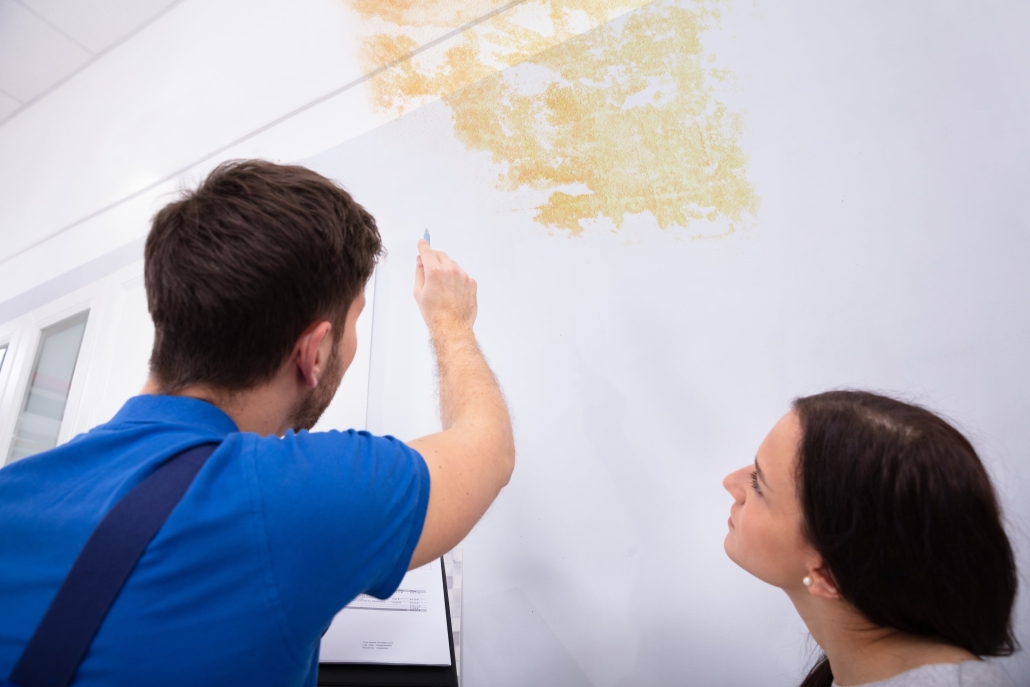
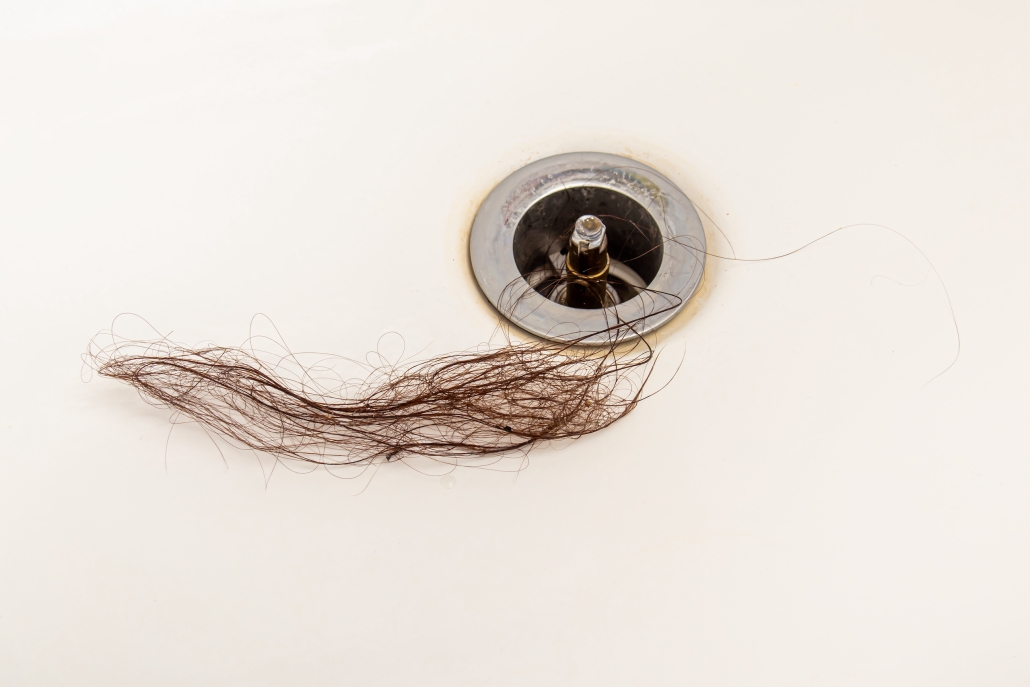
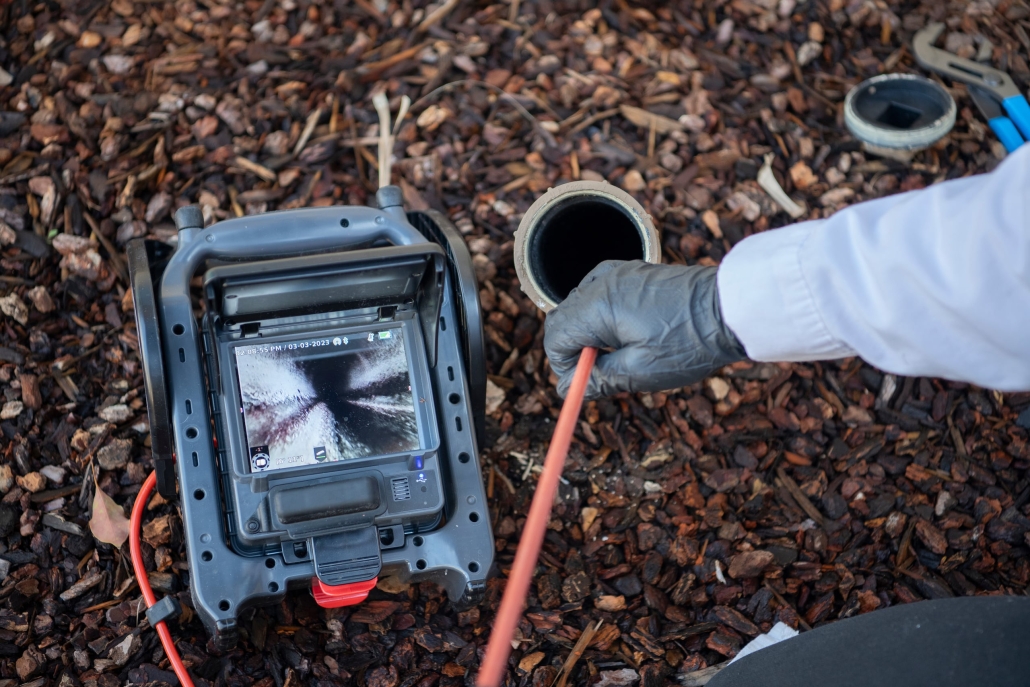
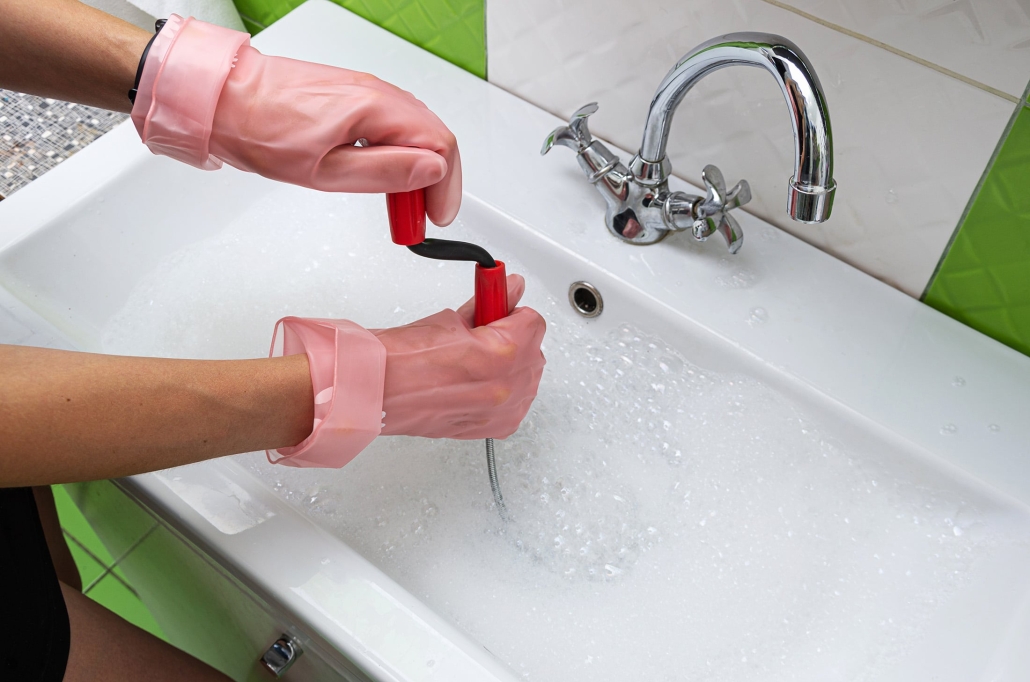
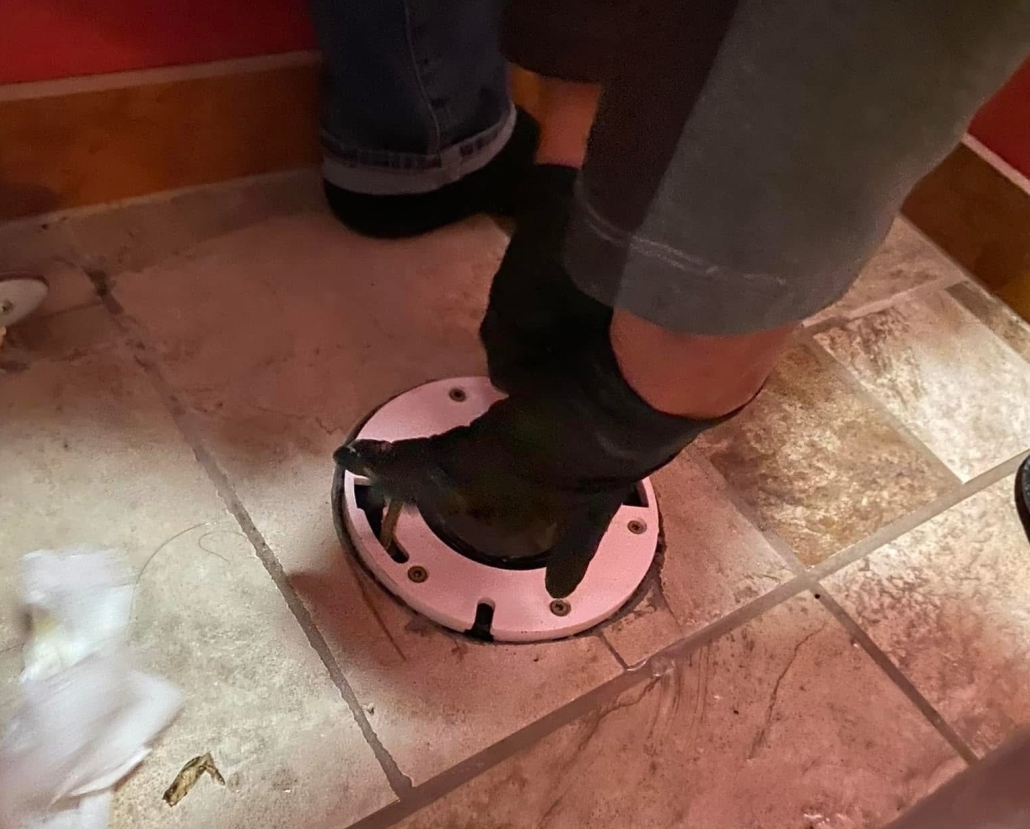
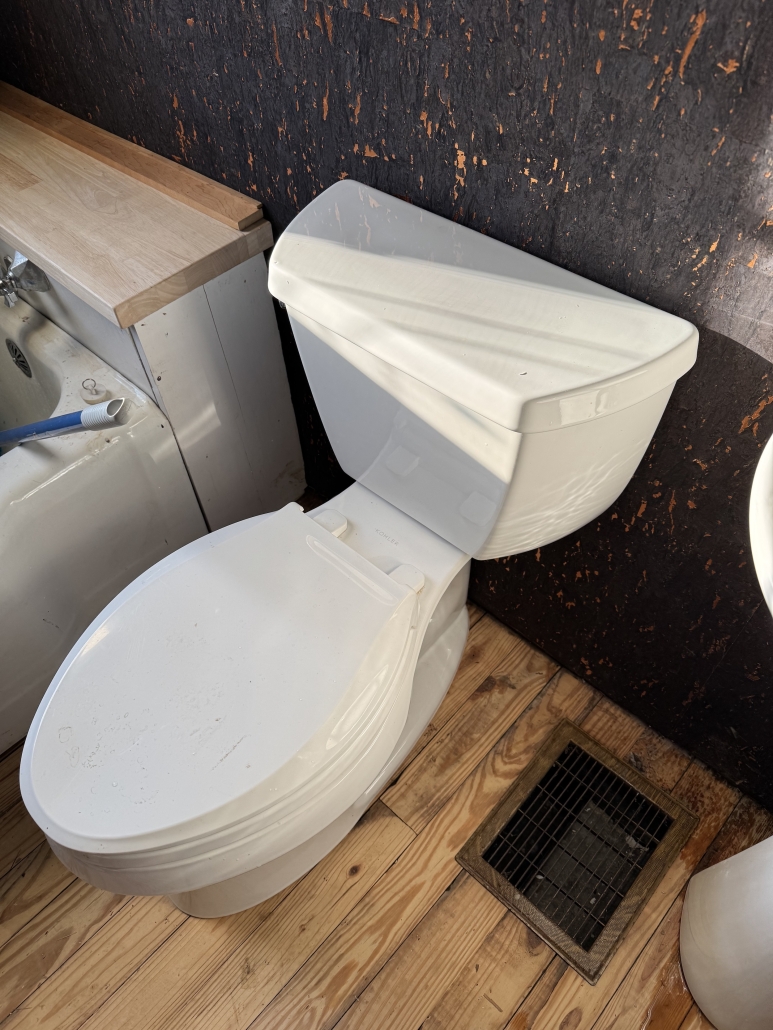
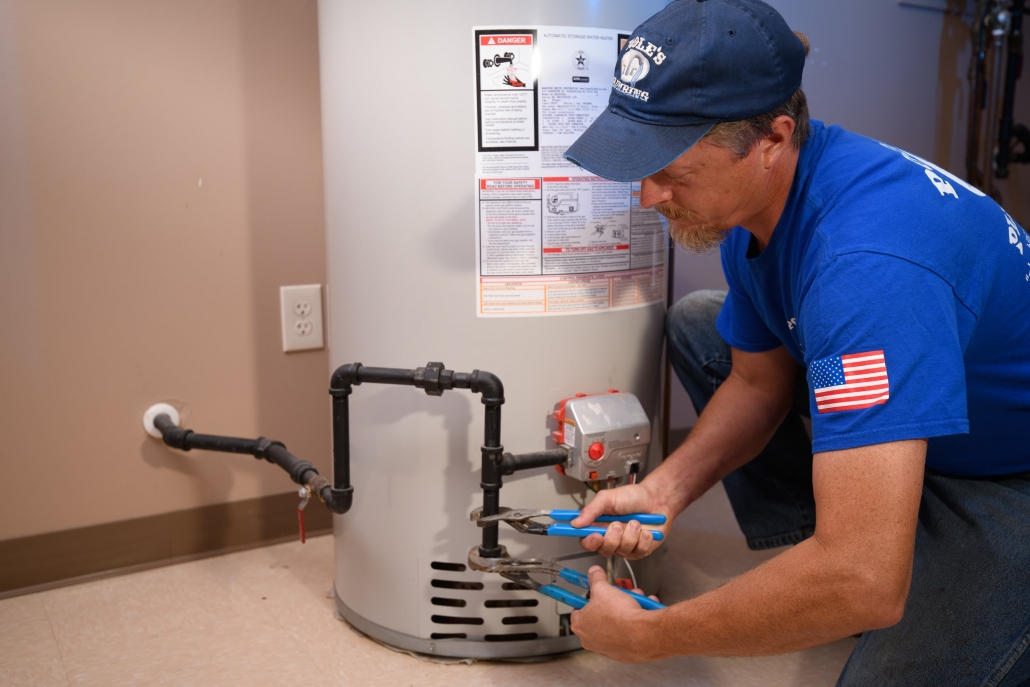
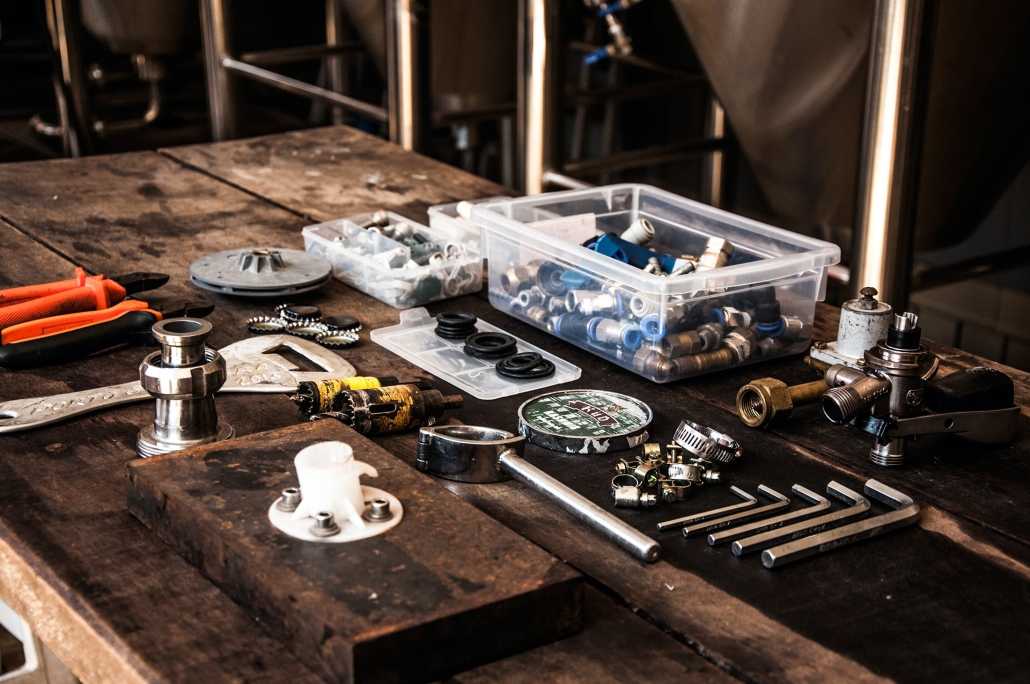
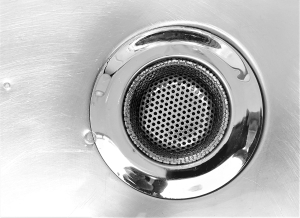


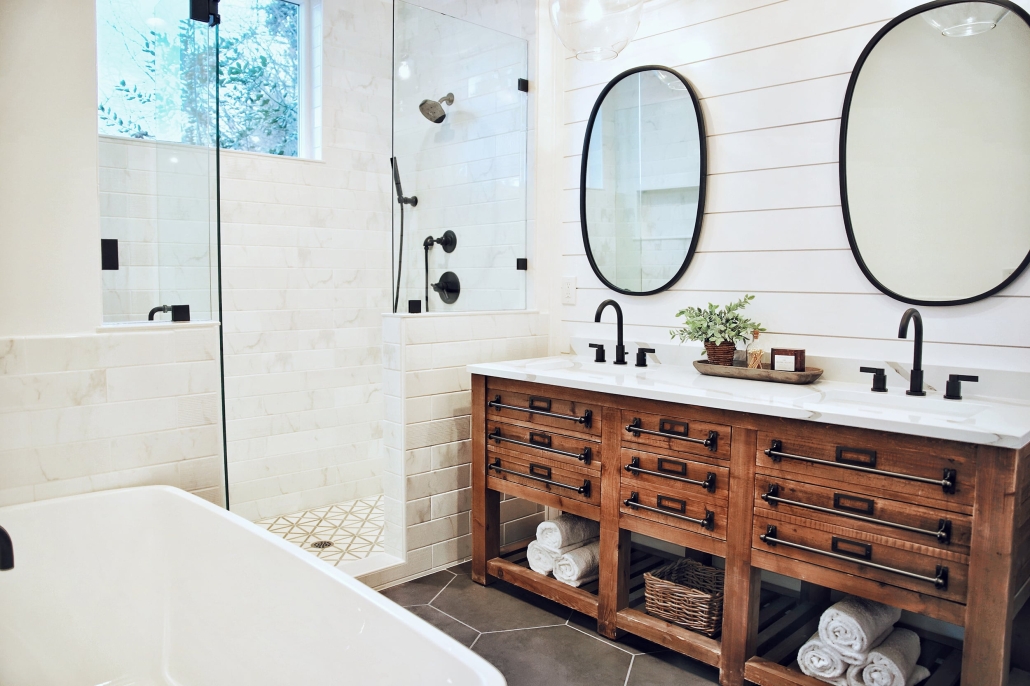
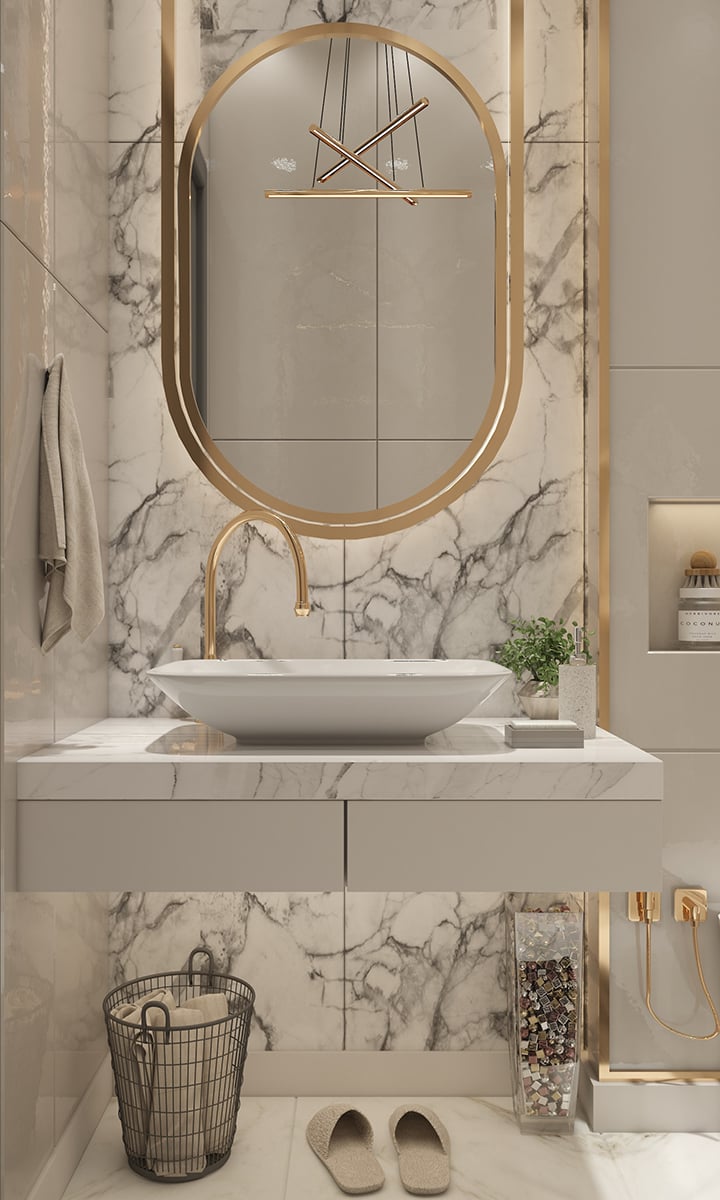 Important Tips
Important Tips

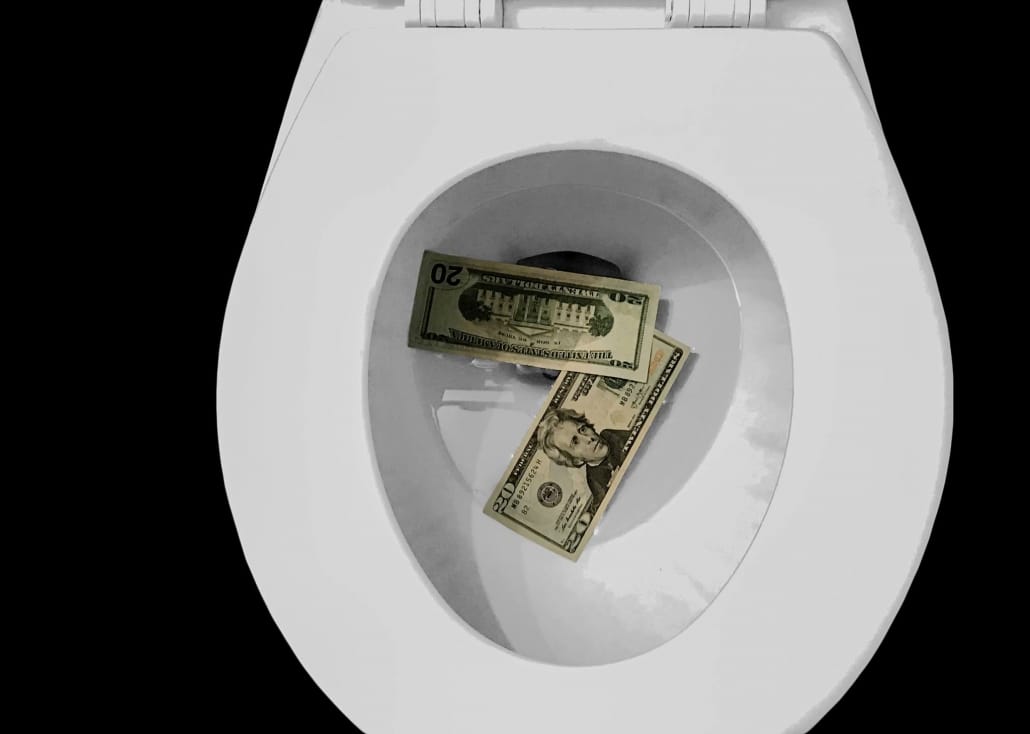
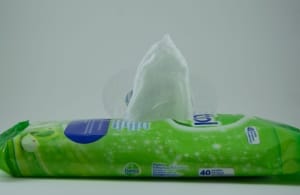
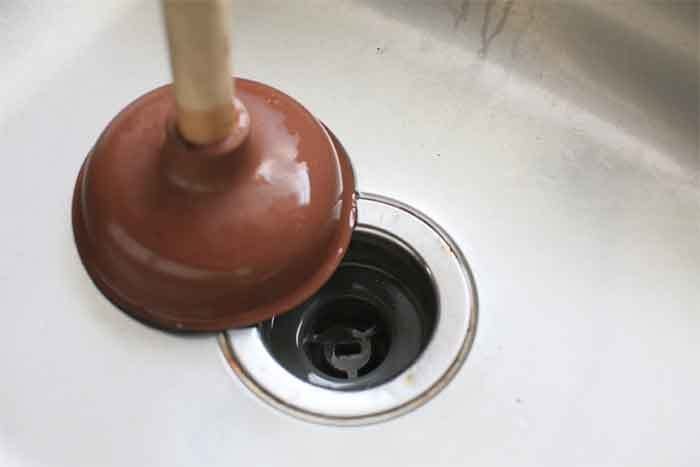
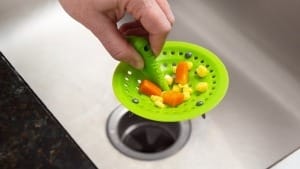
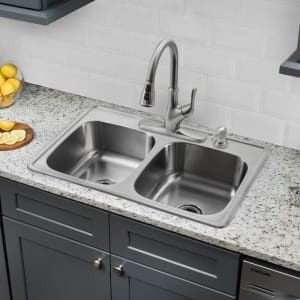
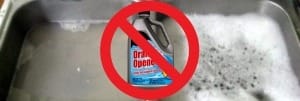
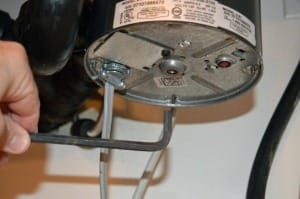
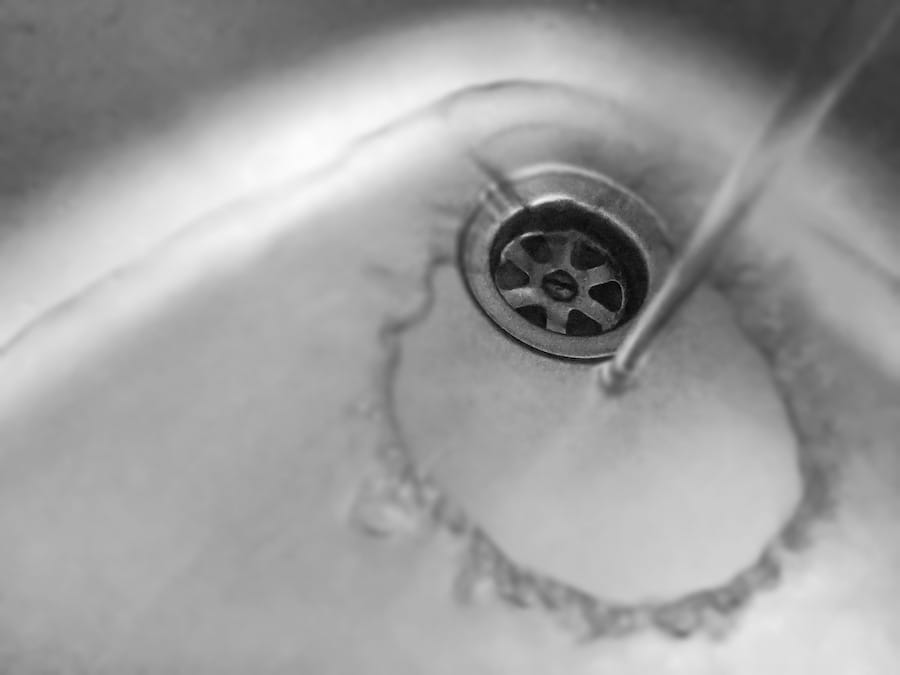








 Poole’s Plumbing has prided itself on its friendly, full-service drain cleaning and sewer clearing offerings for more than a decade, and we’re happy to announce the availability of our new Hydro-Jett Clear & Clean Service, a more thorough and complete fix for both residential garbage disposals and commercial drain stoppages.
Poole’s Plumbing has prided itself on its friendly, full-service drain cleaning and sewer clearing offerings for more than a decade, and we’re happy to announce the availability of our new Hydro-Jett Clear & Clean Service, a more thorough and complete fix for both residential garbage disposals and commercial drain stoppages.


